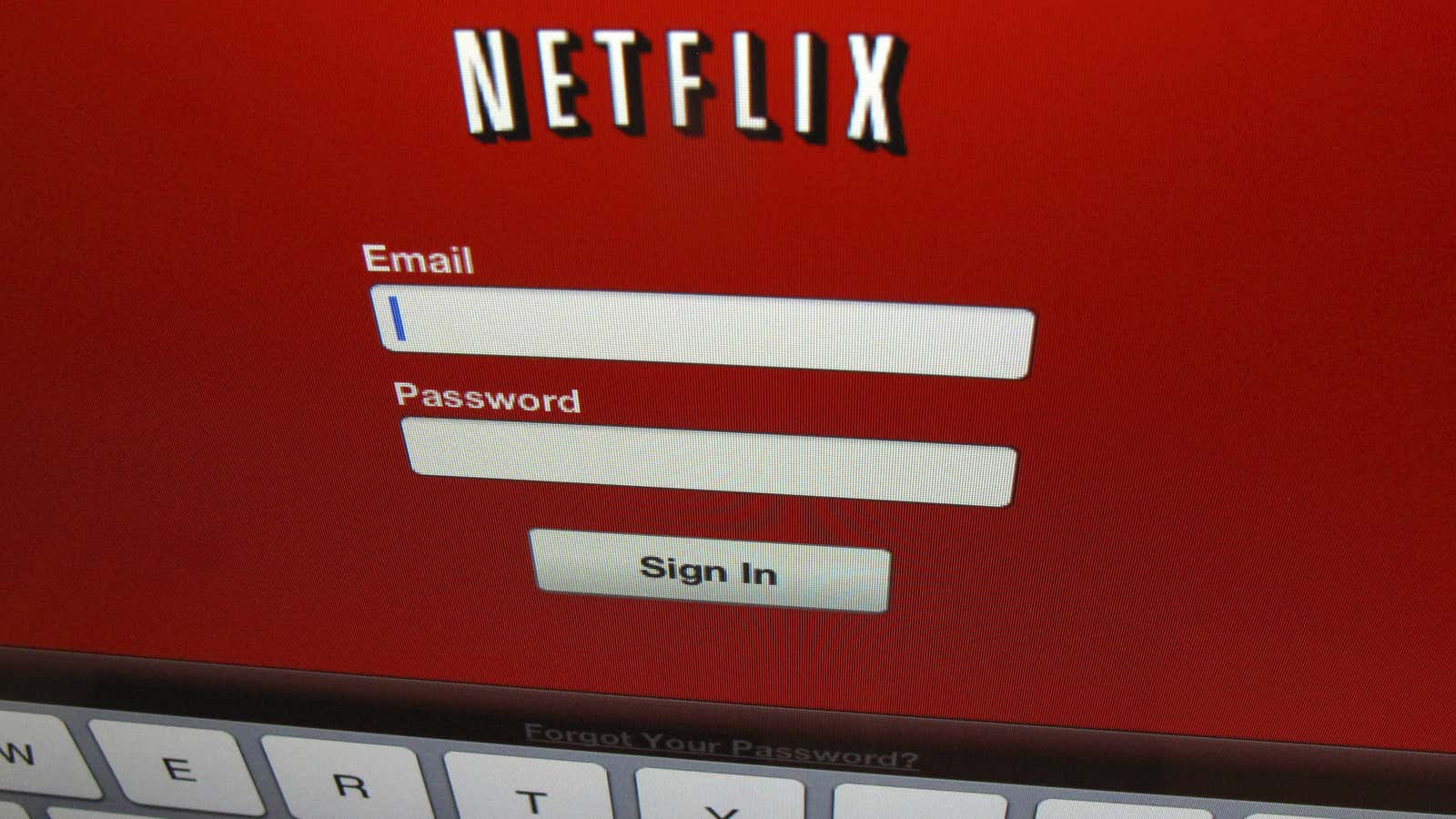A debate has emerged among regulators in Kenya over whether to treat Netflix, the US-based streaming service, like any other broadcaster operating in the country.
The Kenya Film Classification Board (KFCB), the body responsible for regulating visual media, says the the on-demand platform, which launched worldwide this month, must be regulated, meaning any content deemed “inappropriate” by government censors could be blocked.
“Netflix will be subjected to the film classification guidelines in the country,” Emmah Irungu, KFCB head of compliance, told reporters. “Since it is in Kenya then it needs to be subjected to the Kenyan ratings for consumer protection.”
But another regulator, the Communications Authority (CA), disagrees and says the comments from KFCB demonstrate a fundamental misunderstanding of the nature of Netflix. Francis Wangusi, the director-general of the CA, told local media that the other agency is mistaking the service for a traditional broadcaster, arguing that Netflix operates more like a YouTube or Facebook, online platforms that have never required licenses to provide services to Kenyans.
To the KFCB, however, how Netflix distributes its content is not the issue—rather it is about protecting regulators’ prerogative to censor content thought to be incompatible with “national values.”
“This is a sign of commitment to national values and nothing personal,” Ezekiel Mutua, the KFCB’s CEO, told the Business Daily. “As regulators, we should instead pull up our socks and find mechanisms to regulate online content and the dangers that come with it.”
Meanwhile, Netflix says it already has mechanisms in place for subscribers to limit access to content they might find inappropriate.
“The service includes ratings guides and episode synopses to help people make informed choices about what is right for them and their families, and we also provide a pin-code system to ensure children can’t view certain content,” Joris Evers, a spokesman for Netflix told Quartz.
